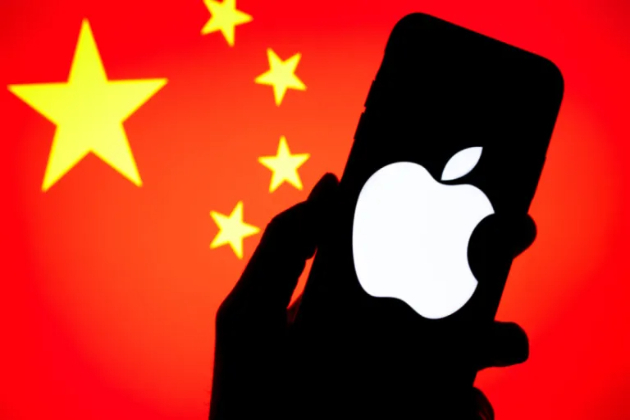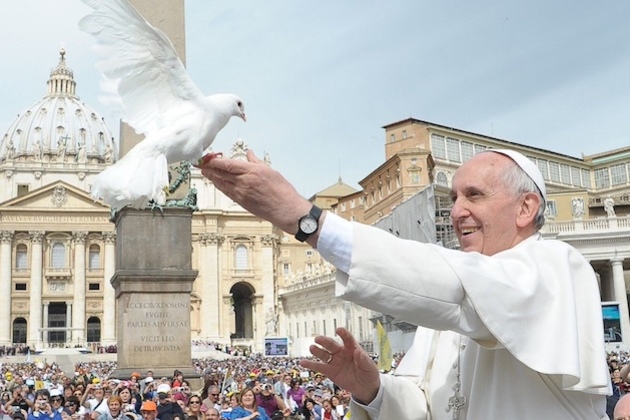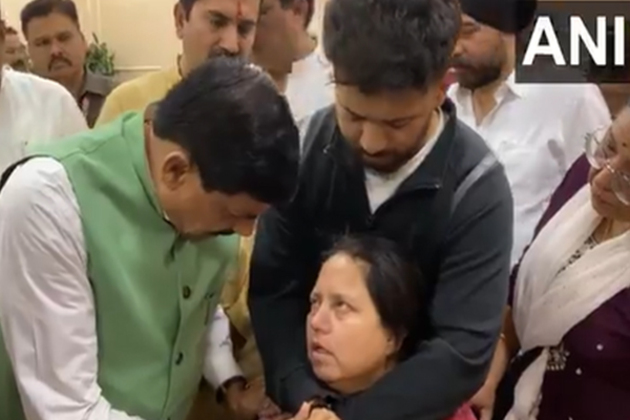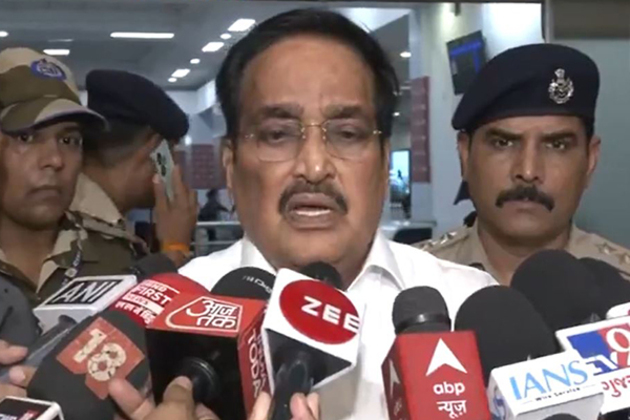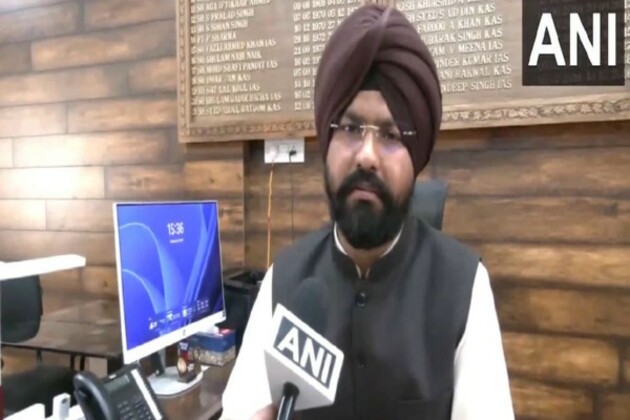Smoke in Rome: Whats really cooking between Trump and Tehran
RT.com
24 Apr 2025, 01:16 GMT+10
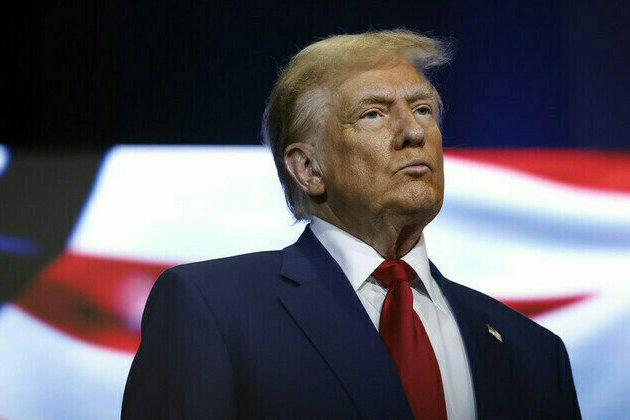
While US negotiators trade smiles with Tehran, internal rifts and foreign pressure reveal just how fragile Washingtons position has become
Last Saturday, the second round of US-Iran nuclear talks took place in Rome, following an initial meeting held a week before in Muscat, Oman. Both sides had described the talks as "constructive," but that optimism quickly collided with a wave of conflicting signals from the Trump administration. Despite the encouraging tone, it remained unclear whether a new nuclear agreement was truly within reach.
At the outset of negotiations, National Security Advisor Mike Waltz - an outspoken Iran hawk - laid down a hardline condition: Iran must completely dismantle its uranium enrichment program if it wanted any deal with the US. But after the Muscat meeting, Special Envoy to the Middle East Steve Witkoff, who led the US delegation, struck a very different note. In an interview with Fox News, he suggested that Tehran might be allowed to maintain limited uranium enrichment for peaceful energy purposes - something that would have been a nonstarter just days earlier.
Witkoff emphasized the importance of strict verification protocols to prevent any militarization of Iran's nuclear capabilities, including oversight of missile technology and delivery systems. Notably absent from his remarks? Any mention of "dismantlement." This shift hinted that the administration might be considering a modified return to the 2015 Joint Comprehensive Plan of Action (JCPOA) - the very agreement that Trump tore up in 2018, branding it a "disaster."
But the pivot didn't last. Just one day later, Witkoff reversed course in a post on X, doubling down on the demand for full dismantlement of Iran's nuclear and weapons programs. So what triggered the rhetorical whiplash?
According to Axios, Trump huddled with top national security officials just three days after the Muscat talks to reassess the US strategy. In that meeting, Vice President JD Vance, Witkoff, and Defense Secretary Pete Hegseth argued for a pragmatic approach. Pushing Tehran to dismantle its entire nuclear infrastructure, they warned, would tank the talks. Iran had already made it clear that such sweeping concessions were off the table. Vance even suggested Washington should brace for some level of compromise.
But not everyone agreed. A rival faction - led by Waltz and Secretary of State Marco Rubio - saw things differently. They argued that Iran's current vulnerability gave the US a unique upper hand, one that shouldn't be squandered. If Tehran failed to meet America's terms, they insisted, the US should be ready to strike militarily or greenlight Israeli action.
The divide exposes a deeper strategic rift within the Trump administration. Between the maximalist view that Iran must be completely disarmed and the more flexible position that aims to curb weaponization while preserving peaceful enrichment lies a vast gray area. The lack of a unified message - or even basic consensus - risks leaving the US at a disadvantage against a seasoned and coordinated Iranian negotiating team.
In short, Trump finds himself in a difficult balancing act. On one hand, it's clear he wants to avoid military escalation. The decision to send Witkoff - a figure known for his willingness to compromise - signals a genuine interest in diplomacy over saber-rattling. If hardliners had the upper hand in Washington, it's unlikely the second round in Rome would have happened at all.
On Monday, April 21, Trump cautiously told reporters the talks were going "very well," but warned that real progress would take time. His choice of words reflected a desire to stay flexible, while acknowledging the complexity - and risks - of negotiating with Tehran.
Optimism seems more palpable on the Iranian side. Foreign Minister Abbas Araghchi said the two sides had found significantly more common ground in Rome than in Muscat. His remarks suggest that momentum is building and that real progress may be on the horizon.
Araghchi's itinerary also raised eyebrows. Before heading to Rome, he made a stop in Moscow, where he met with President Vladimir Putin and Foreign Minister Sergey Lavrov. He reportedly carried a personal message from Supreme Leader Ayatollah Ali Khamenei - what he called "a message to the world." The West didn't miss the symbolism: the visit was widely interpreted as a public reaffirmation of the Moscow-Tehran alliance. Retired US Army Colonel and former Pentagon advisor Douglas MacGregor noted on X that any major American military action against Iran would likely draw a response from Russia, Tehran's strategic partner.
On that same day, President Putin signed a law ratifying a Comprehensive Strategic Partnership with Iran - further cementing political and economic cooperation. Against the backdrop of fragile US-Iran talks, the Moscow-Tehran axis suddenly looks more consequential. With these growing ties, Washington may find it harder to exert unilateral pressure on Iran.
Meanwhile, not everyone in Tehran is sold on the negotiations. Many Iranian officials remain skeptical of Trump, whose decision to unilaterally scrap the JCPOA in 2018 still looms large. Their distrust extends beyond Trump himself to a broader concern: that future US presidents may once again reverse course. If Obama's deals were dismantled by Trump, why wouldn't Trump's agreements suffer the same fate?
Despite these tensions, major international outlets have confirmed that two more rounds of talks are planned: one in Geneva next week, and another in Oman the week after. The continued diplomatic activity points to a shared interest in keeping the conversation alive. For now, both Trump's measured optimism and Iran's cautious tone suggest that, at least in the near term, the risk of war has receded.
This de-escalation in rhetoric reflects a deeper truth: despite lingering mistrust and domestic political pressures, both sides see value in staying at the table. You don't have to be a policy wonk to see that. But in Israel, the mood is far more anxious. Prime Minister Benjamin Netanyahu - never one to hide his skepticism about engaging Iran - has condemned the talks. For Tel Aviv, negotiations risk softening Tehran's isolation and threatening Israel's strategic position.
Still, Trump's priority isn't regional politics - it's his legacy. He wants to be seen as the president who avoided war and brokered a deal the American public can get behind. In that light, Netanyahu's objections may have to wait.
(RT.com)
 Share
Share
 Tweet
Tweet
 Share
Share
 Flip
Flip
 Email
Email
Watch latest videos
Subscribe and Follow
Get a daily dose of Baton Rouge Post news through our daily email, its complimentary and keeps you fully up to date with world and business news as well.
News RELEASES
Publish news of your business, community or sports group, personnel appointments, major event and more by submitting a news release to Baton Rouge Post.
More InformationBusiness
SectionPharmacies expand same-day prescription delivery
WASHINGTON, D.C.: More U.S. pharmacies are promising to get prescriptions to your doorstep faster than ever, with same-day delivery...
Trump begins work on new offshore drilling plan
WASHINGTON, D.C.: The Trump administration has launched the first step in crafting a new five-year offshore oil and gas leasing program...
Capital One wins approval for merger with Discover Financial Services
WASHINGTON, D.C.: U.S. regulators have approved Virginia-based Capital One's $35.3 billion acquisition of Discover Financial Services,...
Wall Street claws back losses, records major gains Tuesday
NEW YORK, New York - U.S. stocks recovered Tuesday after tanking a day earlier. The U.,S. dollar also clawewd back up off the floor,...
Vietnam aims for control of FPT Telecom
HANOI, Vietnam: Vietnam's Ministry of Public Security is seeking to acquire a majority stake in FPT Telecom, one of the country's top...
Apple's smartphone sales in China drop 9% in Q1 2025
BEIJING, China: Apple's grip on China's smartphone market continued to weaken in the first quarter of 2025, with the U.S. tech giant...
World
SectionWorld mourns loss of Pope Francis, dead at 88
THE VATICAN - The world is in shock and mourning on Easter Monday as it woke to the news that Pope Francis had died. Having recently...
22,000 IRS workers agree to buyout offer
WASHINGTON, DC - A Trump administration early retirement plan at the Internal Revenue Service has been accepted by more than 22,000...
Smoke in Rome: Whats really cooking between Trump and Tehran
While US negotiators trade smiles with Tehran, internal rifts and foreign pressure reveal just how fragile Washingtons position has...
MP: CM Mohan Yadav visits family of Pahalgam terror attack victim Sushil Nathanie in Indore, pays last respects
Indore (Madhya Pradesh) [India], April 23 (ANI): Madhya Pradesh Chief Minister Mohan Yadav on Wednesday paid his last respects to Sushil...
"Centre will not spare terrorists": CR Paatil lauds govt's decision to suspend Indus Water Treaty
Surat (Gujarat) [India], April 23 (ANI): Lauding the Centre's decision to suspend the Indus Water Treaty following the terror attack...
"Will oppose any force that will try to break our society, harm our people": Doda DC condemns Pahalgam terror attack
Doda (Jammu and Kashmir) [India], April 23 (ANI): Deputy Commissioner (DC) and District Development Commissioner (DDC) of Doda district,...






